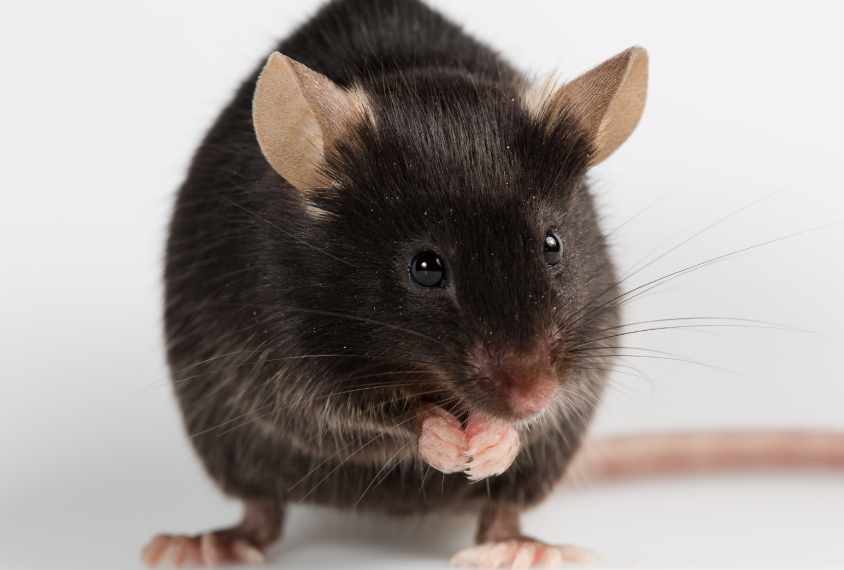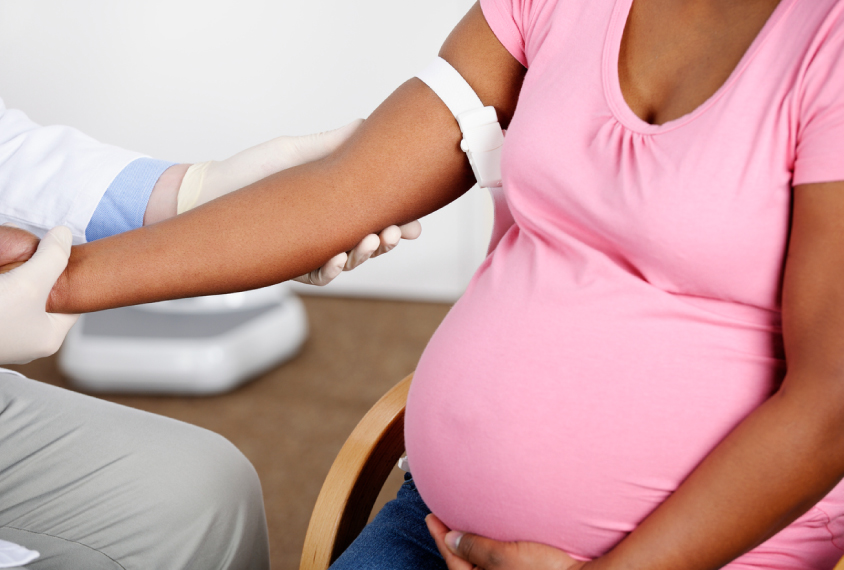Dup15q 2019
Recent articles
Gene linked to multiple forms of autism may boost risk of death from seizures
Mice with extra copies of UBE3A, a gene linked to autism and related conditions, are susceptible to death from seizures.

Gene linked to multiple forms of autism may boost risk of death from seizures
Mice with extra copies of UBE3A, a gene linked to autism and related conditions, are susceptible to death from seizures.
Ultrasensitive blood test may detect autism mutations in utero
A blood test can accurately detect whether a fetus carries large mutations of the kind linked to autism, according to pilot-study results.

Ultrasensitive blood test may detect autism mutations in utero
A blood test can accurately detect whether a fetus carries large mutations of the kind linked to autism, according to pilot-study results.
Explore more from The Transmitter
Expediting clinical trials for profound autism: Q&A with Matthew State
Aligning Research to Impact Autism, a new initiative funded by the Sergey Brin Family Foundation, wants to bring basic science discoveries to the clinic faster.

Expediting clinical trials for profound autism: Q&A with Matthew State
Aligning Research to Impact Autism, a new initiative funded by the Sergey Brin Family Foundation, wants to bring basic science discoveries to the clinic faster.
This paper changed my life: Shane Liddelow on two papers that upended astrocyte research
A game-changing cell culture method developed in Ben Barres’ lab completely transformed the way we study astrocytes and helped me build a career studying their reactive substates.

This paper changed my life: Shane Liddelow on two papers that upended astrocyte research
A game-changing cell culture method developed in Ben Barres’ lab completely transformed the way we study astrocytes and helped me build a career studying their reactive substates.
Dean Buonomano explores the concept of time in neuroscience and physics
He outlines why he thinks integrated information theory is unscientific and discusses how timing is a fundamental computation in brains.
Dean Buonomano explores the concept of time in neuroscience and physics
He outlines why he thinks integrated information theory is unscientific and discusses how timing is a fundamental computation in brains.